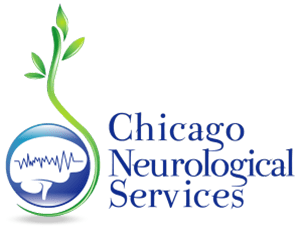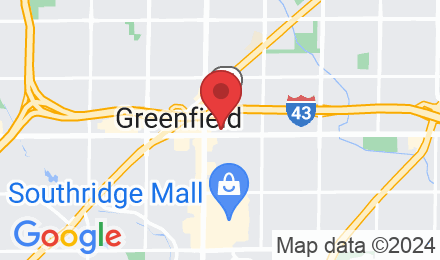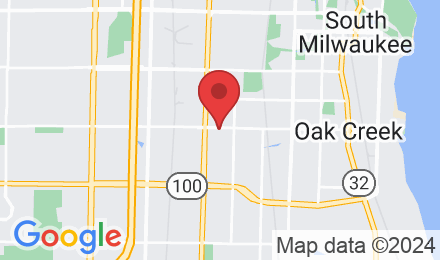What is TMS?
Transcranial Magnetic Stimulation uses strong, magnetic pulses distributed through a coil to regulate the neural activity of brain structures associated with depression.
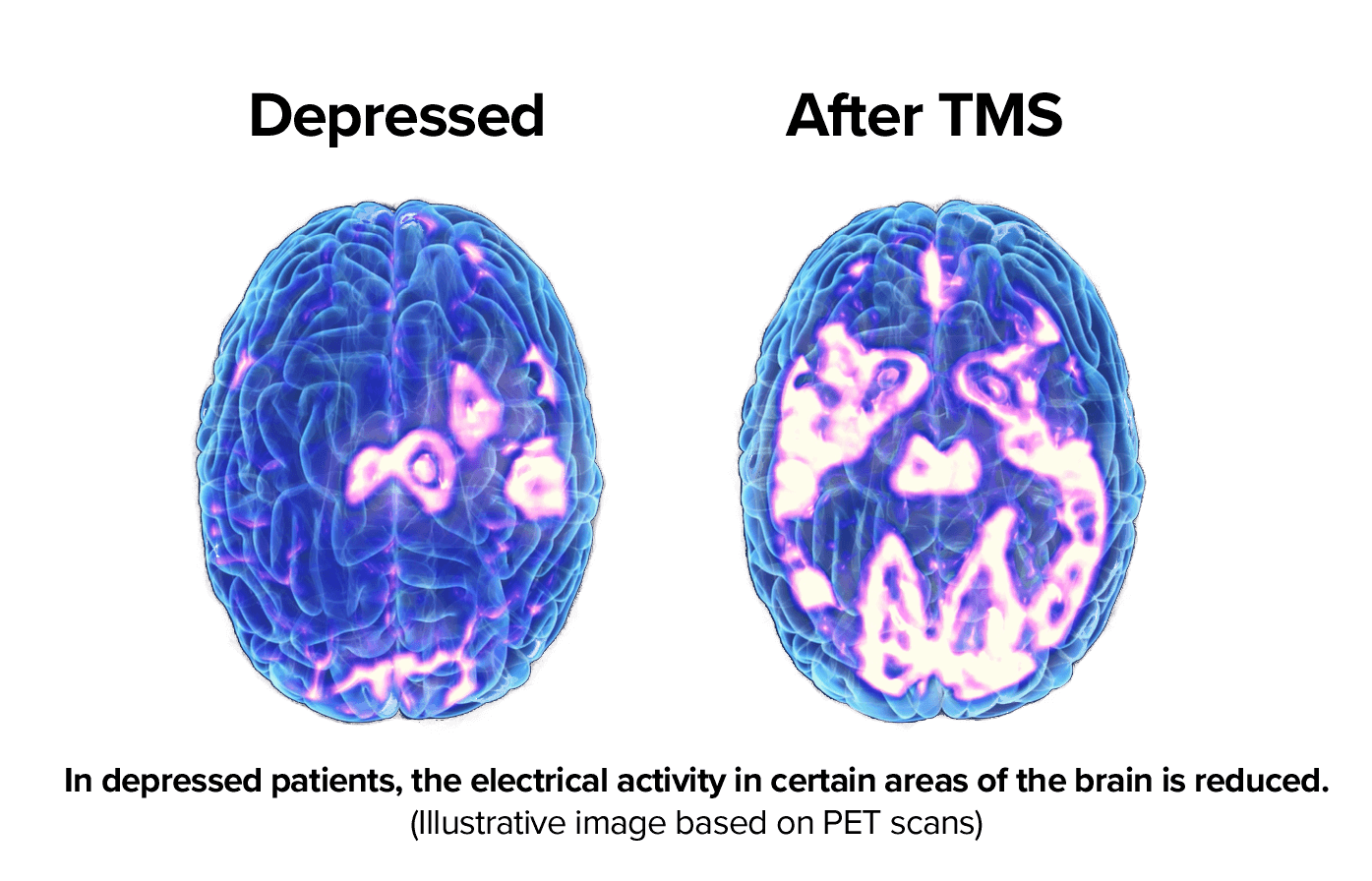
No Systemic Side Effects
While you may feel slight pressure on top of your head, most patients adapt to the sensation after just a couple of sessions.
Medication Free
Rest assured, you do not have to start a new medication regimen throughout TMS.
21 Day Difference
An analysis of 1,753 patients showed that the average patient achieved a sustained response after just 16 treatments.
Hear From Our Patients
Denine

"Dr Cohen was caring, knowledgeable and thorough and got straight to the medical and non medical issues at hand. He also went the extra mile in making sure I received the services outside of his practice in which I was entitled as a patient and client."
Alicia
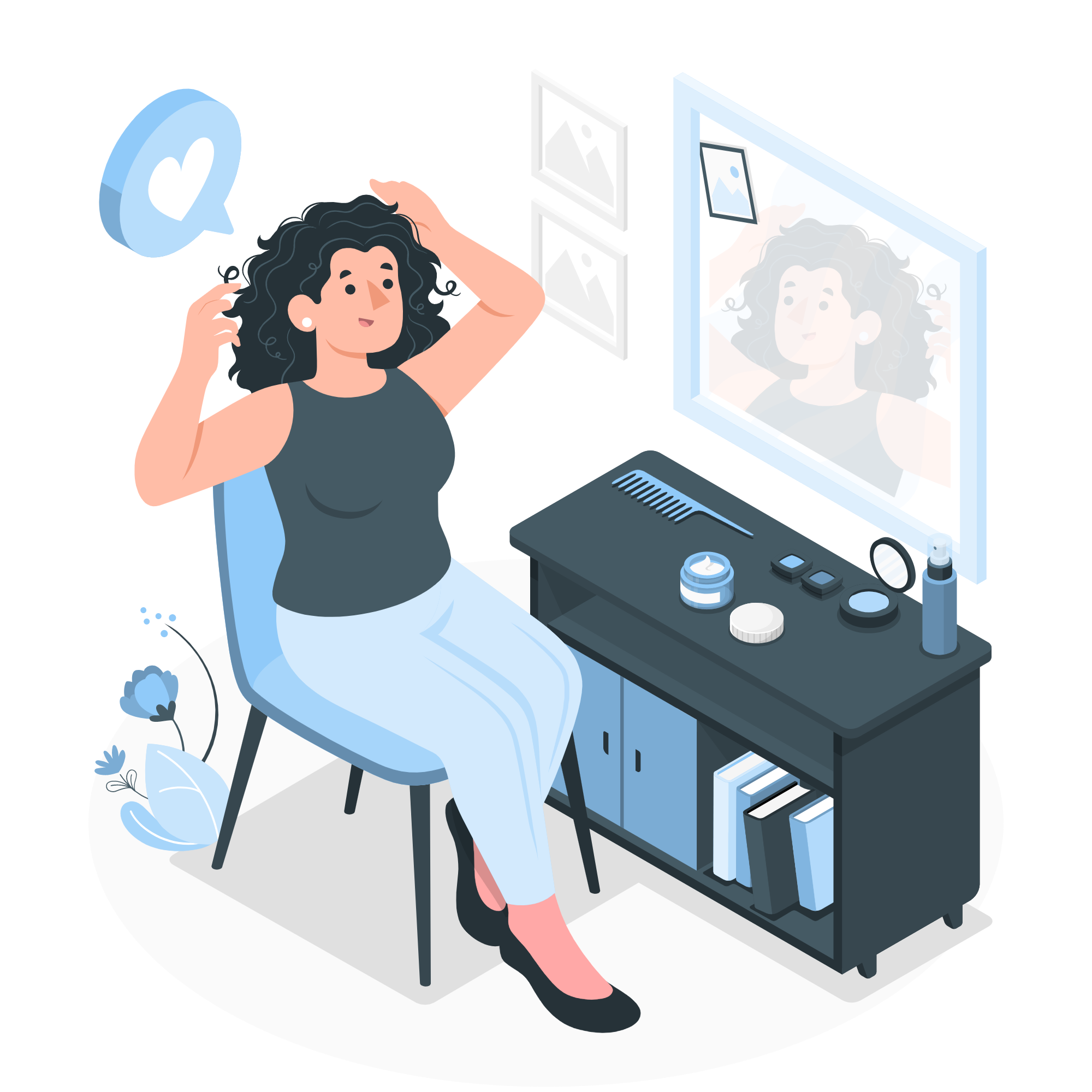
"Great doctor. Came highly recommended by my primary care. He really listens. And checks everything. Very caring. And his treatment eliminates the pain. AND his wonderful staff that looks at emails and texts and gets you in as needed with pain level."
Matthew
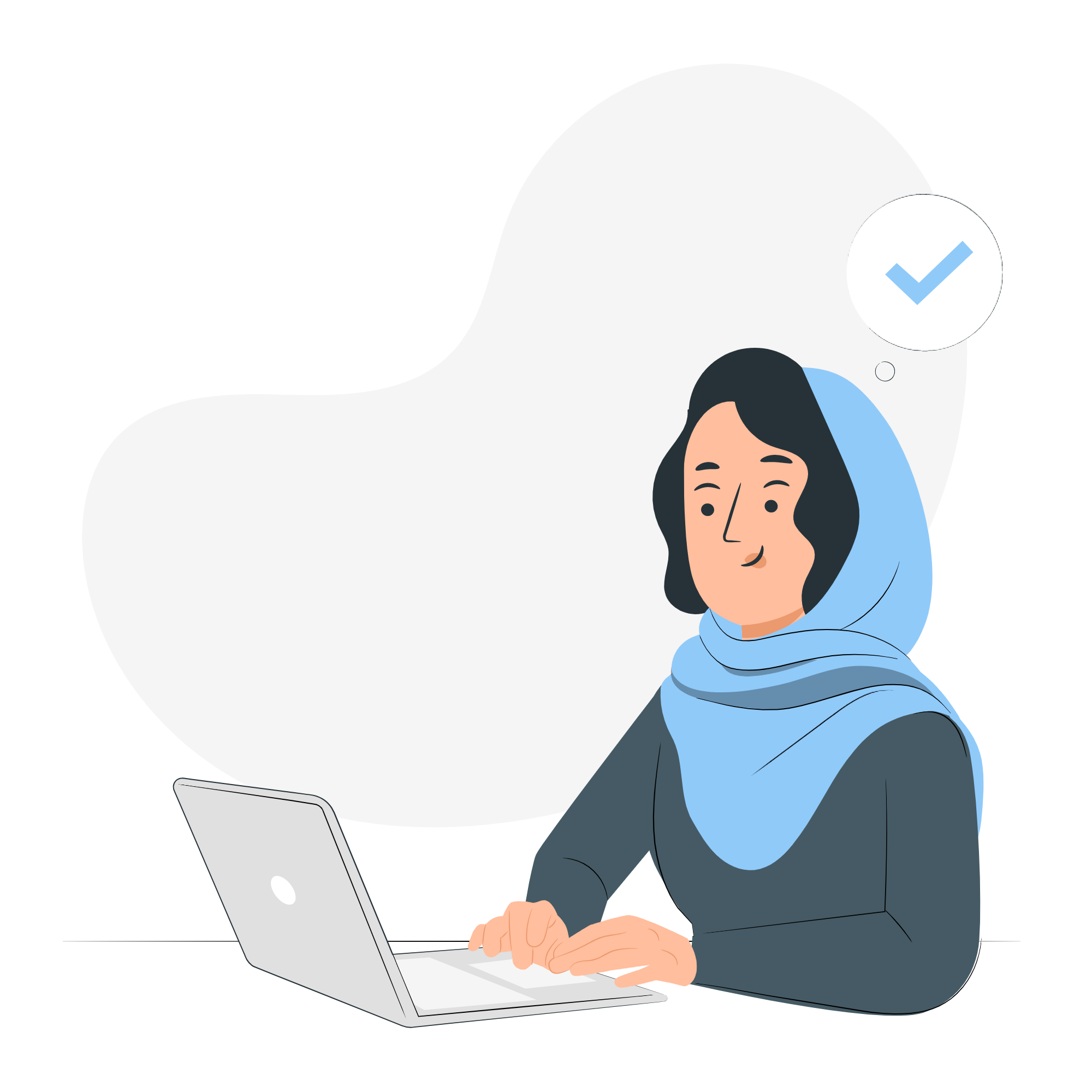
"Dr. Cohen is on time, attentive and inquisitive about your concerns. I never felt rushed, nor did I have to repeat myself."
Real MagStim Stories
Highly Effective
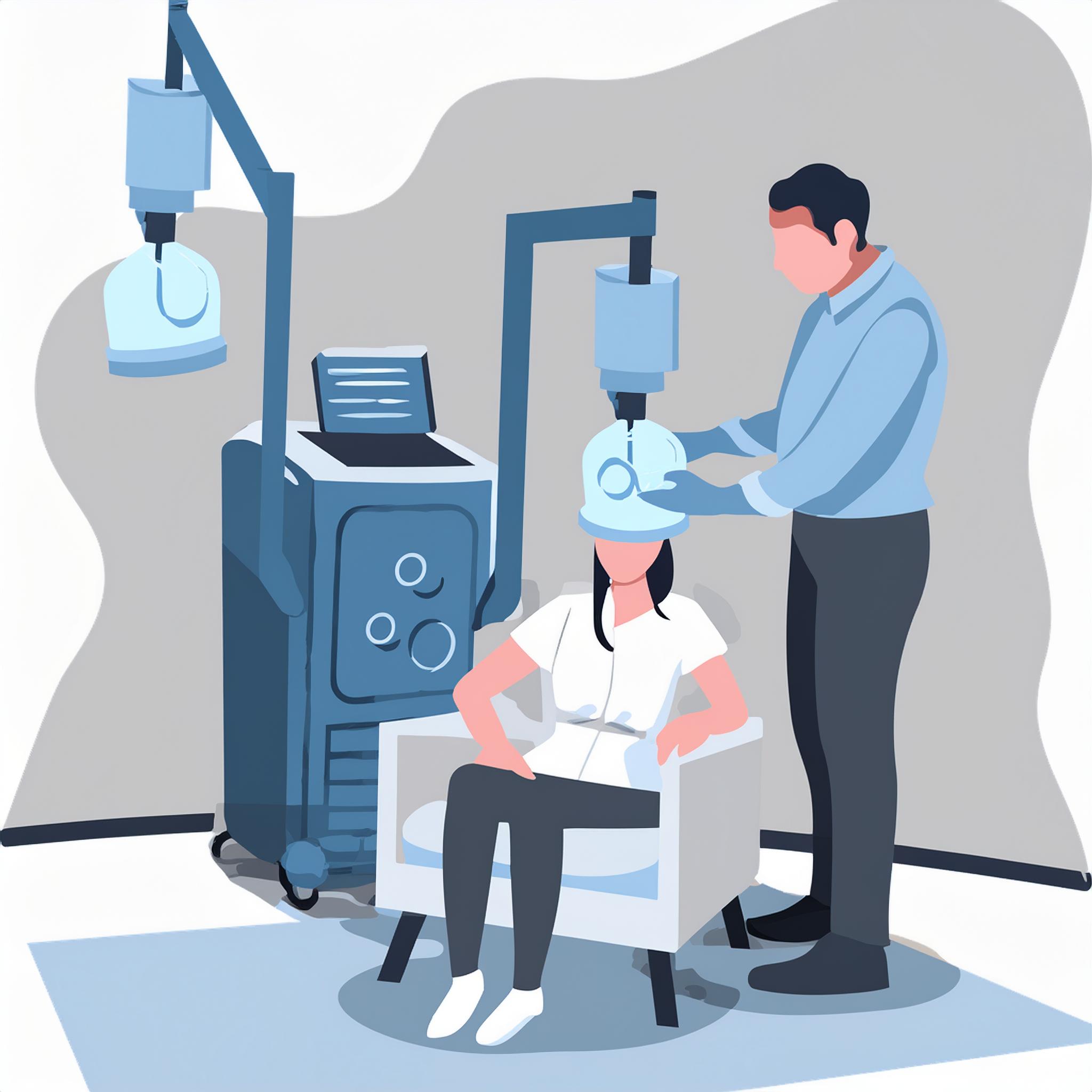
About 83% of patients who complete a full course of TMS show a clinically meaningful response and about 62% experience a full remission, meaning their symptoms go away completely
Fits in Your Schedule
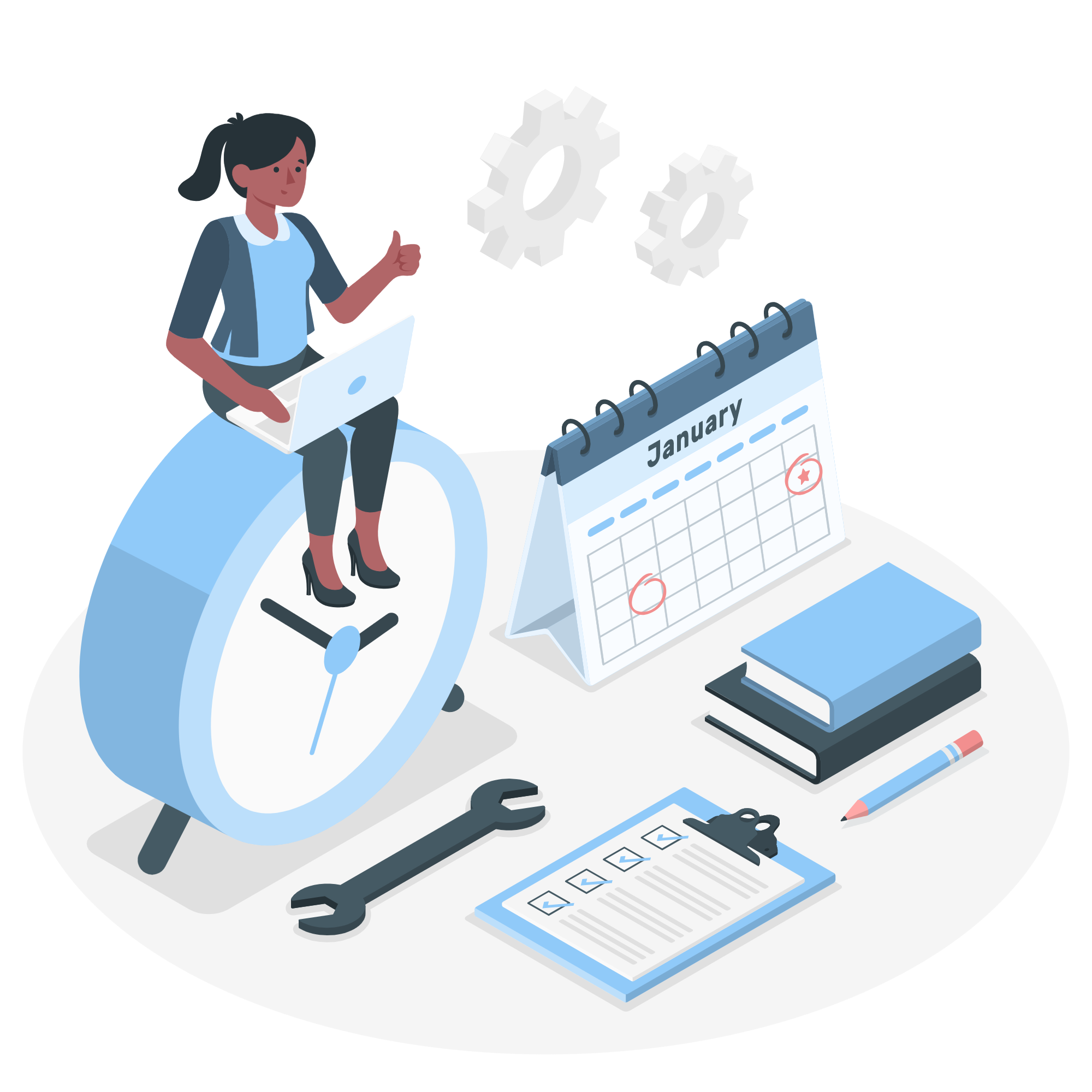
Sessions are about 20 minutes and you can drive to and from your appointments. The full course covered by insurance usually takes about 6-8 weeks to complete.
Covered by Insurance
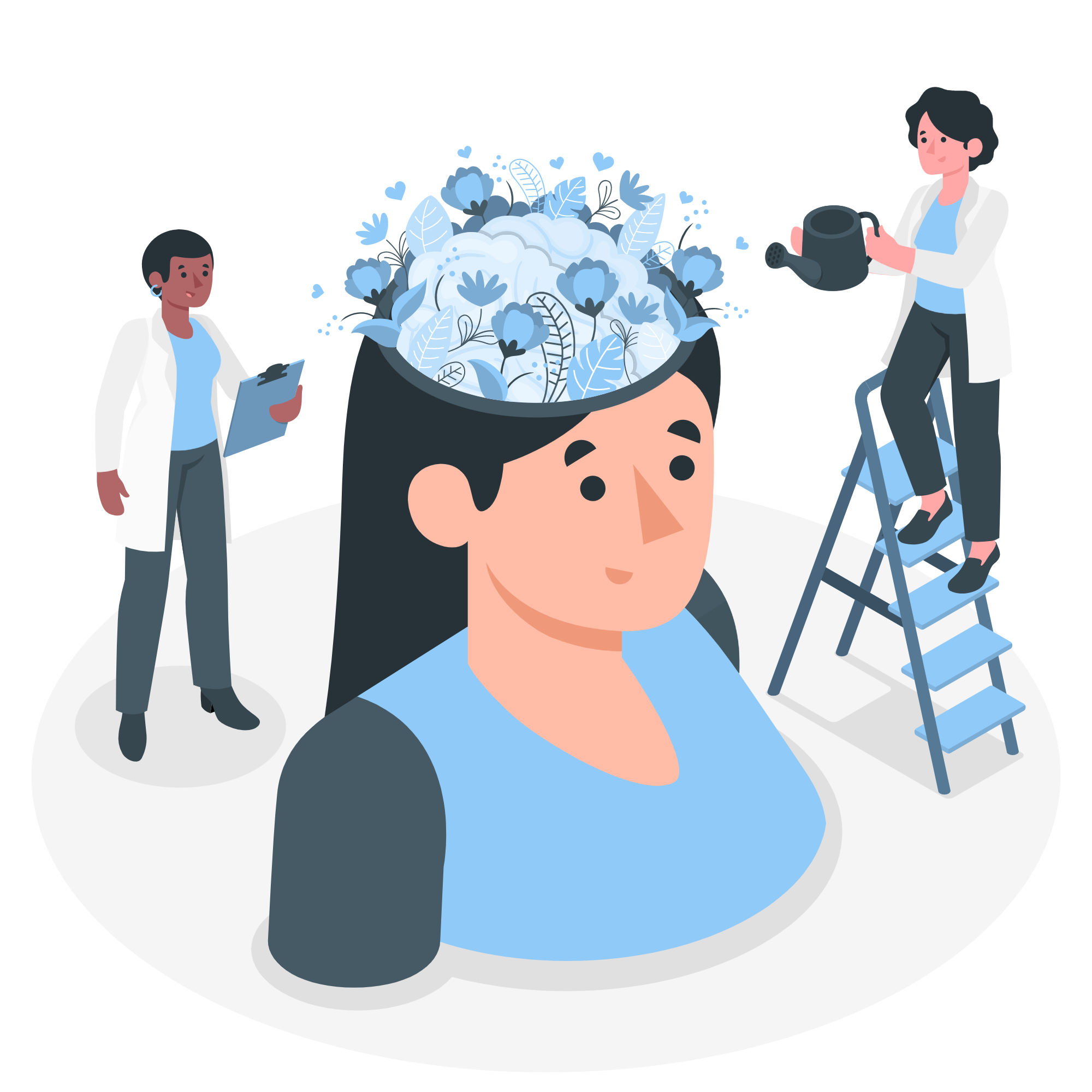
All major payers cover TMS treatment for Depression. If you've tried multiple antidepressants and therapy, there's a good chance your insurance covers it.
Meet Brandy Scott!
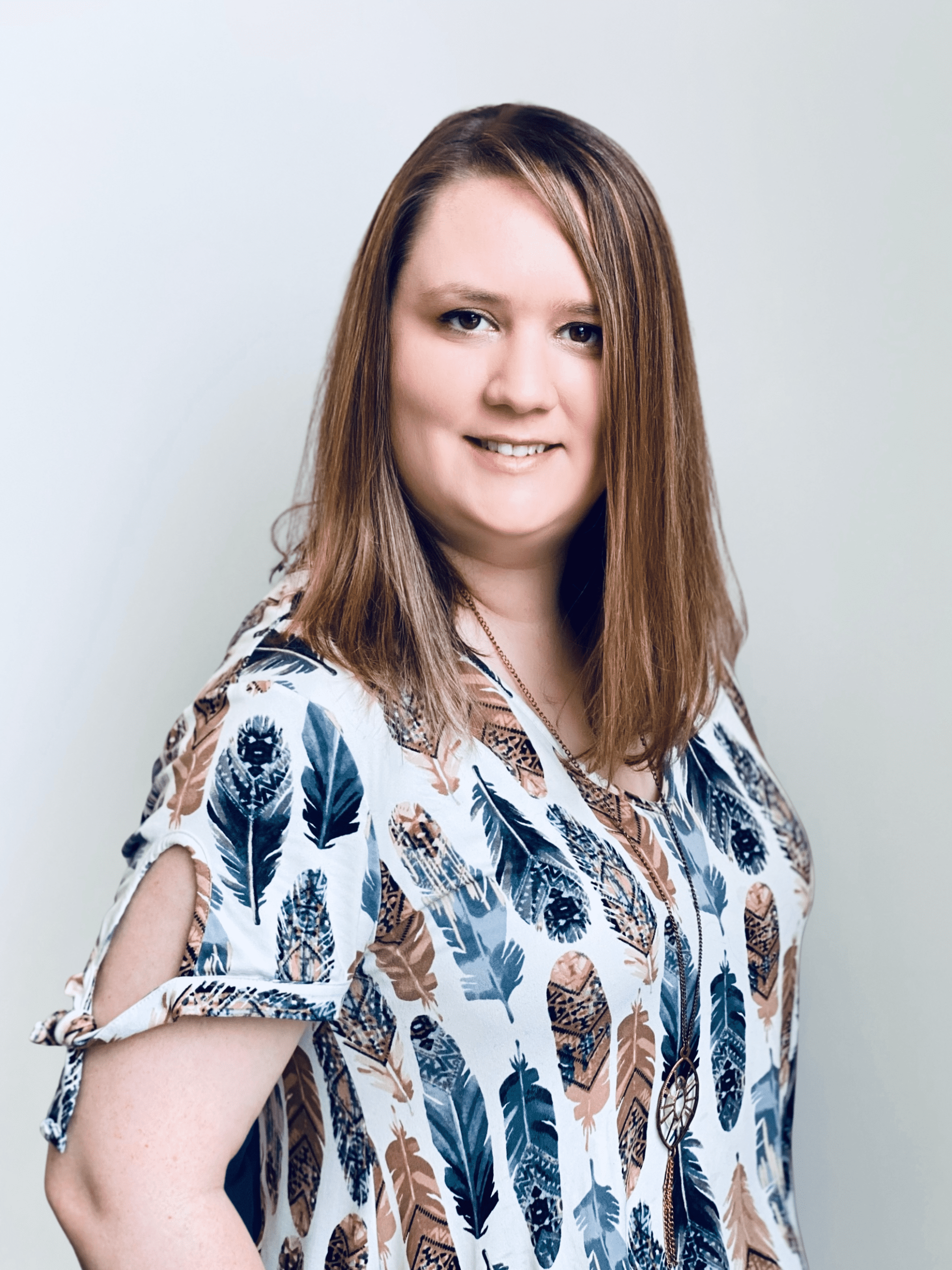
Brandy Scott, APNP, PMHNP-BC is a board certified psychiatric-mental health nurse practitioner with several years of experience in medication management and TMS therapy. She is a member of the Clinical TMS Society and the clinical lead at Win TMS. Brandy received her Bachelor of Science in Nursing degree at the University of Wisconsin – Milwaukee and completed her graduate work at the University of St. Francis – Joliet, specializing in psychiatry and mental health.
She has worked at many teaching hospitals in the area, including Froedtert and Children’s Wisconsin. Brandy enjoys keeping up on the new treatment modalities available for mental health and loves having alternative options to medications to offer her patients.
Find Us Here
We are In-Network with
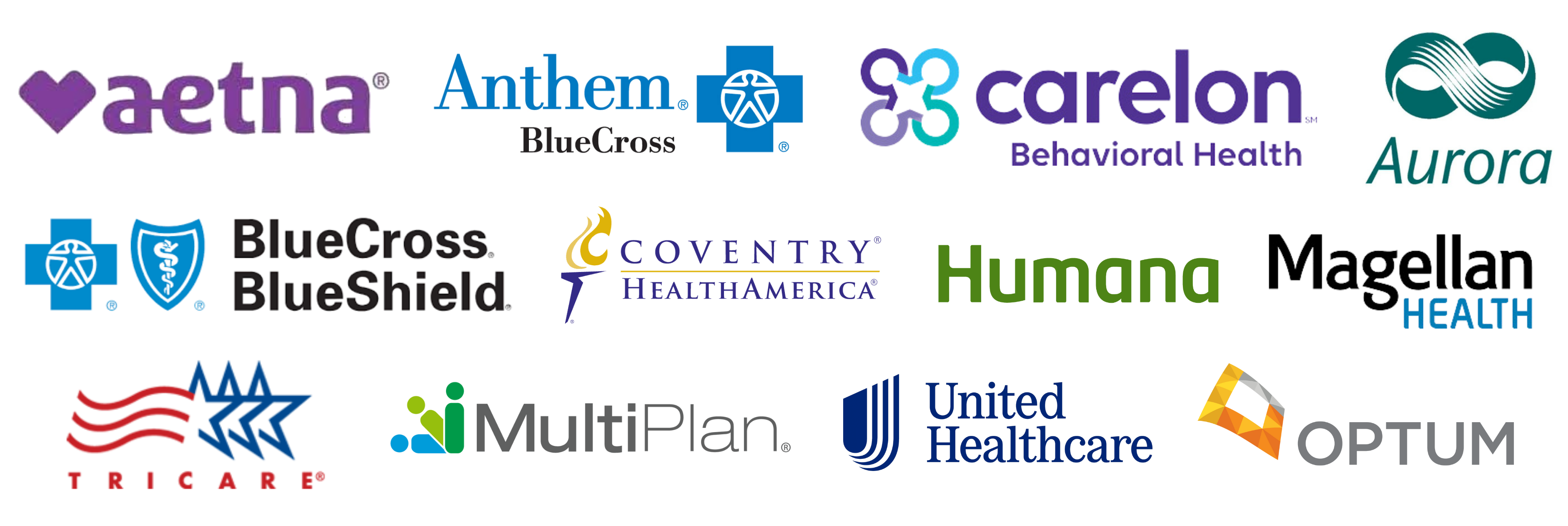
Not Sure If You Need Help?
Get instant results and feedback by taking this short quiz.
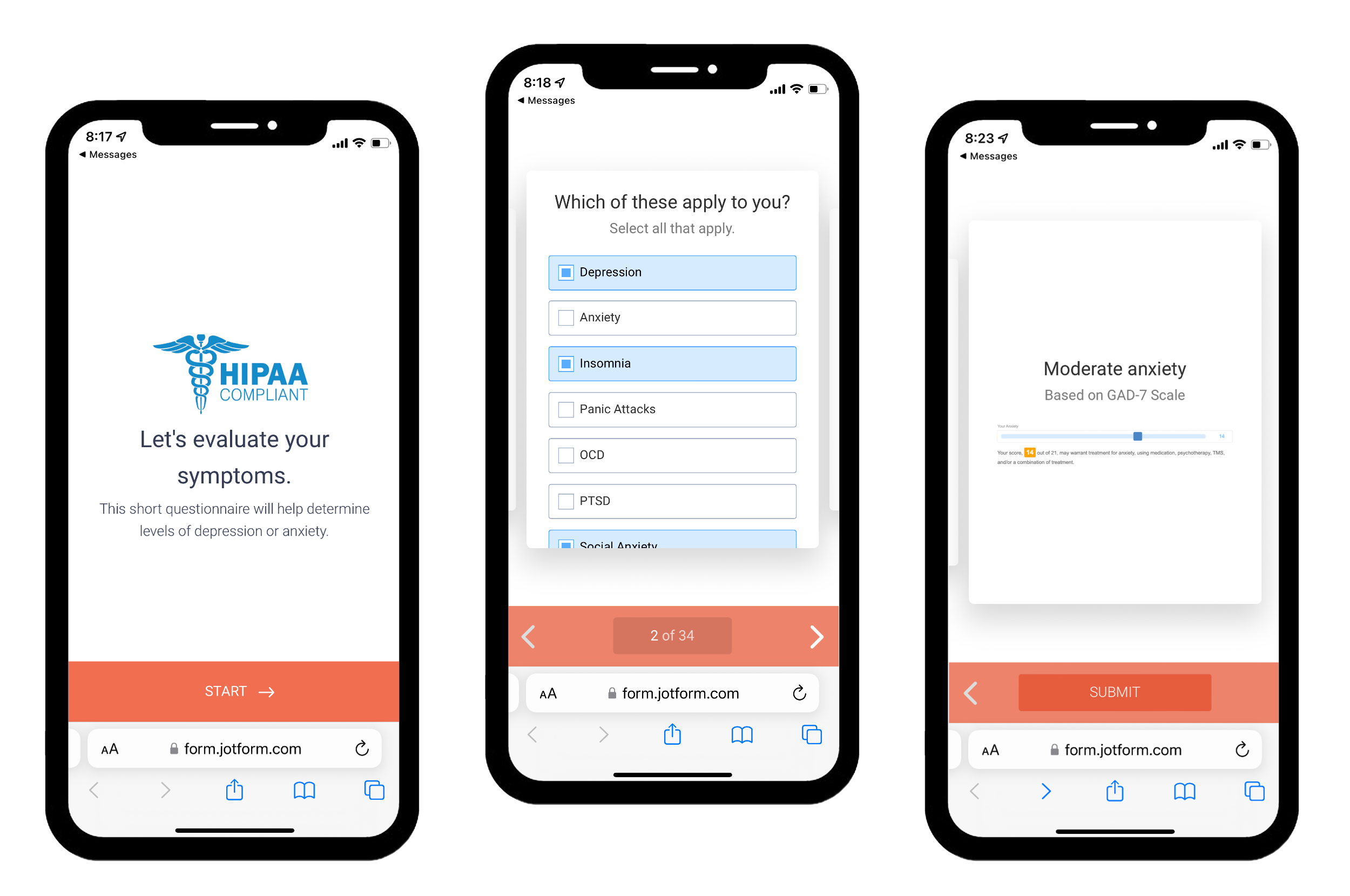
What is TMS?
TMS, or transcranial magnetic stimulation, is an alternative treatment for a variety of mental health conditions, but it is most commonly used to treat major depression and anxiety. This non-invasive therapy involves using a targeted magnetic field to stimulate under-active neurons in specific parts of the brain. TMS therapy typically takes about 6 weeks and is over 70% effective for providing long-term relief from depression symptoms.
How does TMS work?
Depression is caused by a lack of sufficient activity in the left dorsolateral prefrontal cortex, essentially the front left part of your brain. When this area is working properly, the entire brain lights up, creating an improved mood, working memory, and selective attention. TMS works by using magnetic fields to stimulate nerve cells in the brain. This is done by placing a magnetic coil near the head, which produces magnetic pulses that stimulate the nerve cells in the targeted area.
Is TMS for me?
TMS may be a good option for individuals who have not responded to traditional treatments for depression, such as medication and psychotherapy. However, it is important to speak with a mental health professional to determine if TMS is right for you.
What is TMS like? Do I feel anything?
During TMS treatment, you can sit comfortably and perform passive activities like reading a book, watching TV, or listening to music. Most patients report that TMS treatment feels like a gentle tapping sensation on the skull. Some patients experience a tingling or scalp sensitivity at the stimulation site during treatment, which can typically be mitigated by placing the device at a slightly different angle.
Are there any side effects?
The most commonly reported side effects of TMS therapy include mild headache, scalp discomfort during stimulation, and lightheadedness, all of which are typically resolved shortly after the treatment session or within the first week. Many patients report no side effects at all.
Is TMS covered by insurance?
Yes, TMS therapy is covered by almost all major insurance companies, depending on your insurance plan. Insurance plans can also have requirements for coverage, such as a prior history of antidepressant medication use or therapy treatments.
Ⓒ 2025 — www.chicagoneurodoc.com — All rights reserved
Business Hours
Mon: 7am - 7pm
Tues: 7am - 7pm
Wed: 7am - 7pm
Thurs: 7am - 7pm
Fri: 7am - 7pm
Sat/Sun: Closed
